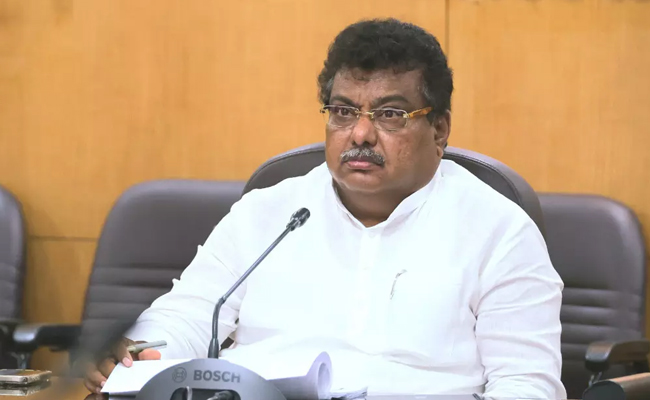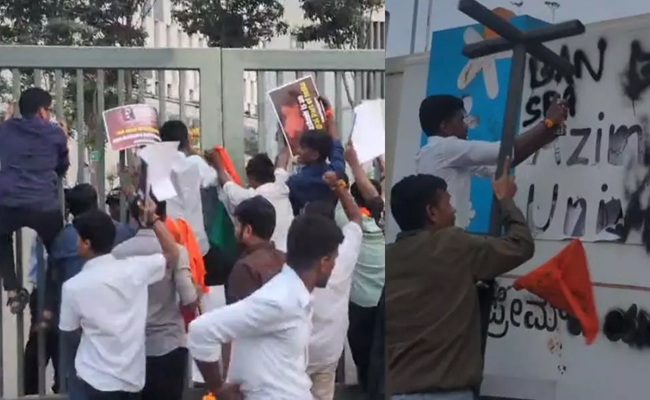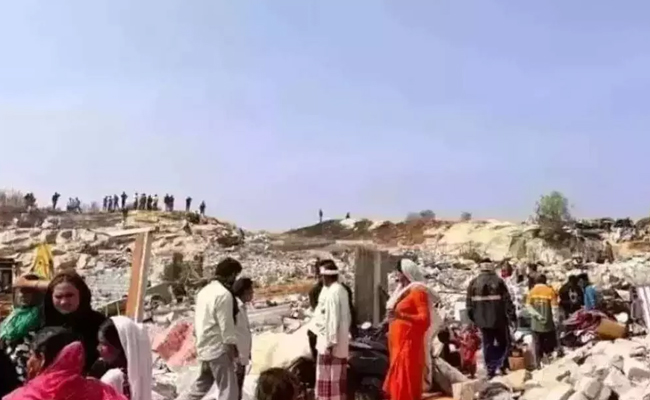New Delhi, April 19: Professional franchise cricket team Royal Challengers Bengaluru has restored three lakes in Bengaluru, a city grappling with a severe water crisis.
RCB launched the Lake Improvement Works Project in October 2023 as part of the "RCB Go Green Initiative". The project focused on desilting and developing the Ittgalpura and Sadenahalli lakes, located in highly water-stressed areas.
These areas lack access to Kaveri River water and rely entirely on groundwater and surface water with borewell depths ranging from 1,000 to 1,500 feet.
According to a statement, more than 1,20,000 tons of silt and sand have been removed from the two lakes and nine acres of lake land have been recovered, leading to the creation of stabilisation ponds and wetlands that benefit the local bird and animal populations.
The water holding capacity of the lakes has also increased to cover up to 17 acres, it said, adding that the lakes will not only facilitate groundwater recharge but also support agricultural activities in the surrounding areas.
They will provide additional livelihood opportunities for the fishermen and farmers of the two lakes, who can now harvest up to three times more than before, it said.
Meanwhile, at Kannur Lake, the objective has been to improve community ownership through the creation of civic amenities as lake assets.
Ethno-medicinal plant parks, bamboo parks, and butterfly parks are also being created at all three lakes as part of the initiative to improve and sustain biodiversity.
"These lakes not only serve as critical groundwater sources for neighbouring villages but also form the backbone of local livelihoods," said Rajesh Menon, VP and Head of Royal Challengers Bengaluru.
Experts say Bengaluru is one of the fastest-growing cities in the world, and its infrastructure for fresh water supply is struggling to keep up with the growing population.
Over a third of the city's 13 million residents rely on groundwater, which is rapidly depleting.
Let the Truth be known. If you read VB and like VB, please be a VB Supporter and Help us deliver the Truth to one and all.
Bengaluru (PTI): Karnataka Minister M B Patil on Tuesday chaired meetings with industry representatives from the aerospace and defence, machine tools, auto/EV, and green energy sectors to discuss sector growth and government support measures.
The meetings were attended by leading industrialists and their representatives, with some participating virtually.
Speaking on the occasion, the minister for Large and Medium Industries said Karnataka is at the forefront of the country’s aerospace and defence sectors.
He noted that Suzuki and Toyota plan to launch aerial taxi services in Japan by 2028, with Bengaluru-based Sasmos supplying electrical equipment for the project.
Industrialists suggested introducing similar “fly-taxi” services in Karnataka through an appropriate policy, which Patil said would be examined seriously.
The minister highlighted the need to establish testing centres and Common Facility Centres for the aerospace and defence industries and assured that these facilities would be provided.
Suggestions were also made to prepare a comprehensive roadmap for sector growth.
Karnataka has urged the Central Government to approve Defence Corridor projects in the Bengaluru North–Kolar–Chikkaballapur and Dharawada–Vijayapura–Belagavi regions.
Industrialists also suggested a corridor between Bengaluru and Mysuru, Patil said.
He said Karnataka aims to become a hub for defence electronics manufacturing, with plans to establish a 200-acre Defence Electronics Park and a 100-acre Avionics and Sensor Park.
These projects will be implemented once the Special Investment Region is operational, and land availability will not be an issue.
On the machine tools sector, Patil said the industry has recorded an annual turnover of Rs 36,500 crore and is witnessing steady growth.
Large-scale exhibitions have increased demand, and the state must strengthen its capabilities to develop control systems for heavy machinery. One testing unit is already operational in Bengaluru, with another planned for Tumakuru. Expansion of vocational training institutes in industrial areas is also underway.
In the Auto and EV sector, Vision Group members highlighted the need for a network of dry ports and more EV charging stations across the state.
Patil noted that the Tata Group is manufacturing EV buses in Dharawada for nationwide supply. Plans for mini excavator production and export facilitation were also discussed, along with the establishment of a testing facility for two-wheeler EVs.
For the Green Energy sector, the group emphasised the need for a suitable policy on battery-based energy storage and the establishment of data centres.
Patil assured that the government will seriously consider all suggestions and respond positively.





_vb_21.jpeg)